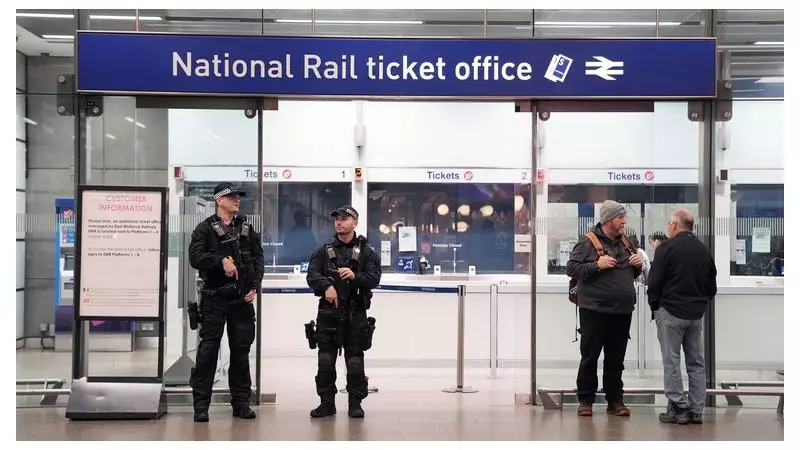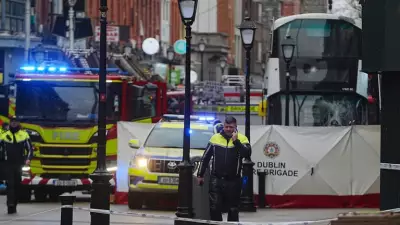
In a decisive move that prioritises passenger flow over enhanced security measures, the government has firmly ruled out the implementation of airport-style security scanners at Britain's train stations. This decision comes despite recent safety concerns following a stabbing incident that raised questions about transport security.
Why Airport Scanners Won't Be Coming to Stations
Transport Secretary Mark Harper emphasised the practical challenges that make airport-level security unfeasible for the UK's extensive rail network. Unlike airports where passengers arrive hours before flights, railway stations handle thousands of commuters making quick, frequent journeys.
The key obstacles identified include:
- Massive passenger volumes making comprehensive scanning impractical
- The need to maintain swift passenger movement for commuter services
- Significant infrastructure changes required at historic stations
- Potential travel delays that would disrupt the entire network
Alternative Security Measures Being Considered
While rejecting full-scale scanner deployment, the government is exploring other security enhancements that balance safety with operational efficiency. These include:
- Increased visible policing and security patrols
- Enhanced CCTV coverage with improved monitoring capabilities
- Random bag searches during heightened alert periods
- Community engagement programmes to encourage public vigilance
Balancing Safety with Practical Reality
The debate highlights the ongoing challenge of securing open, accessible public transport systems against potential threats. Unlike the controlled environment of airports, railway stations are designed for rapid public access, making comprehensive security screening fundamentally challenging.
This decision underscores the government's position that while passenger safety remains paramount, the practical realities of running an efficient rail network must take precedence over implementing security measures that could severely disrupt travel.





